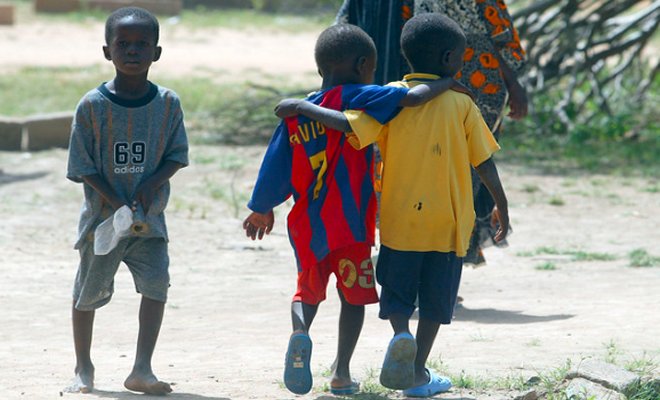
|
Child Sponsor Mali |
Child Sponsor Mali |
Child Sponsor Mali | Child Sponsor Mali |
For information, videos and photos of the West African country of Mali, check out our Mali pages.
More >
|
|

|
Child sponsorship programs in Mali are designed to address these complex challenges holistically. While the core concept involves a sponsor providing consistent support for a specific child, the types of sponsor programs can vary. Some focus primarily on individual child welfare, ensuring direct access to education, nutritious food, and healthcare. Other programs adopt a broader, community-centric approach, where sponsorship contributions are pooled to fund vital community-wide initiatives – such as building schools, establishing health clinics, or developing sustainable water sources – which ultimately benefit the sponsored child and many others. For a sponsored child, it typically means school fees, uniforms, and learning materials are covered, enabling children to attend school regularly and gain an education, which is a powerful weapon against poverty. Beyond academics, these programs ensure access to crucial health services, including vaccinations, medical check-ups, and treatment for common illnesses, reducing childhood mortality and morbidity. Nutritional support, often through school feeding programs or family provisions, helps combat malnutrition, leading to healthier growth and improved concentration. Beyond the individual child, the impact on the community is equally significant and far-reaching. When a child is sponsored, the benefits rarely stop there. Community-based sponsorship models invest in shared resources that uplift entire villages. New schools provide better learning environments for all children, not just those sponsored. Water pumps mean healthier families and more time for girls, who often bear the burden of fetching water, to attend school. Health clinics improve overall public health. There are few child sponsor programs in Mali, and those that do exist are heavily focussed on education, ensuring young people can develop the knowledge and skills to build a better future for themselves and their communities; clean water projects; health access and providing immediate, practical assistance to the 155,000 Malians who have fled to the south of the country to escape the developing violence and chaos in the north. You can help when you sponsor a child in Mali.
|














